Market Trends
Key Emerging Trends in the Water Desalination Pumps Market
In the ever-evolving landscape of the water desalination pumps market, companies employ various market share positioning strategies to gain a competitive edge and establish their presence in the industry. One prevalent approach is differentiation, where companies focus on offering unique and superior products compared to their competitors. This may involve incorporating innovative technologies, enhancing pump efficiency, or developing environmentally friendly solutions. By standing out in terms of product features and quality, companies can attract a specific segment of customers seeking specialized and advanced desalination pump solutions.
Another crucial strategy in market share positioning is cost leadership. Some companies aim to become industry leaders by offering water desalination pumps at lower prices while maintaining acceptable quality standards. Achieving economies of scale through efficient production processes, bulk purchasing, and strategic cost management allows these companies to pass on cost savings to customers, capturing a larger market share. Price-sensitive customers often gravitate towards these affordable options, contributing to the company's overall market dominance.
Moreover, companies may adopt a niche market strategy to focus on specific segments within the water desalination pumps market. This involves tailoring products and marketing efforts to address the unique needs of a particular customer base. For instance, a company might specialize in supplying pumps for small-scale desalination projects or target a specific geographical region where there is a high demand for water desalination solutions. By concentrating on a niche market, companies can build a strong reputation within that segment and potentially achieve a dominant position.
Collaboration and strategic partnerships represent another impactful strategy. Companies in the water desalination pumps market may forge alliances with technology providers, research institutions, or other industry players to enhance their product offerings or gain access to new markets. Joint ventures and collaborations can accelerate innovation, allowing companies to introduce cutting-edge desalination pump technologies faster than their competitors. Additionally, partnerships can facilitate market expansion by leveraging the strengths of each party involved.
In terms of geographic positioning, companies may strategically target emerging markets where there is a growing demand for water desalination solutions. Rapid industrialization and population growth in certain regions create opportunities for companies to establish a foothold and capture a significant market share. Tailoring products and marketing strategies to align with the unique challenges and preferences of these markets is crucial for success in such endeavors.
Furthermore, a customer-centric approach is essential for companies aiming to strengthen their market share position. Understanding the specific requirements and preferences of customers allows companies to tailor their products and services accordingly. Additionally, excellent customer service, post-sale support, and effective communication build trust and loyalty, creating a positive reputation that can translate into increased market share over time.
In conclusion, the water desalination pumps market is dynamic and competitive, prompting companies to employ diverse strategies for market share positioning. Differentiation, cost leadership, niche targeting, collaborations, geographic expansion, and customer-centric approaches all play crucial roles in determining the success of a company in this industry. As the demand for sustainable water solutions continues to rise, companies that effectively implement these strategies are likely to secure a prominent position in the market.


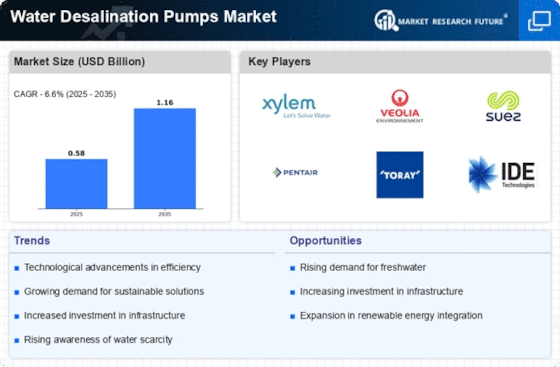
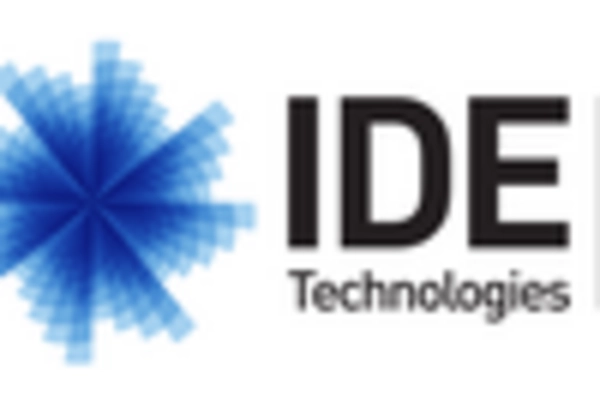
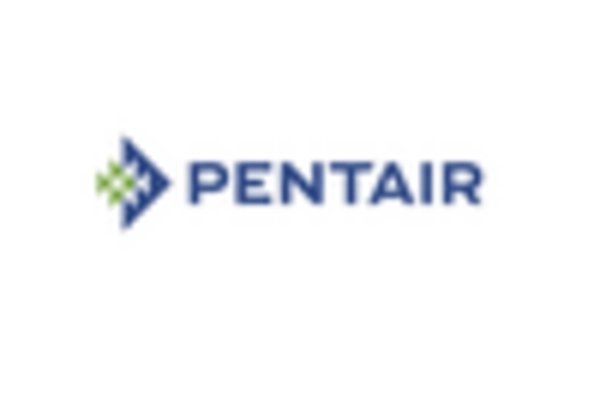

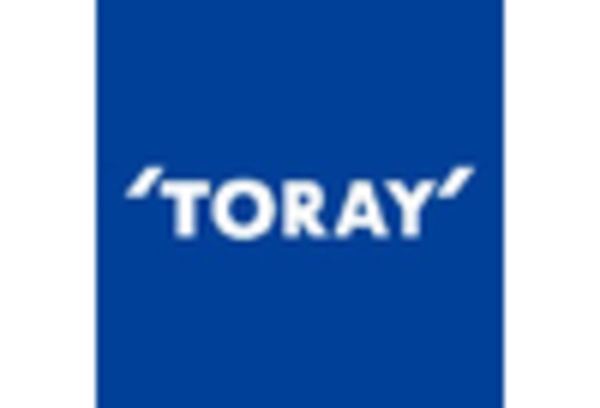
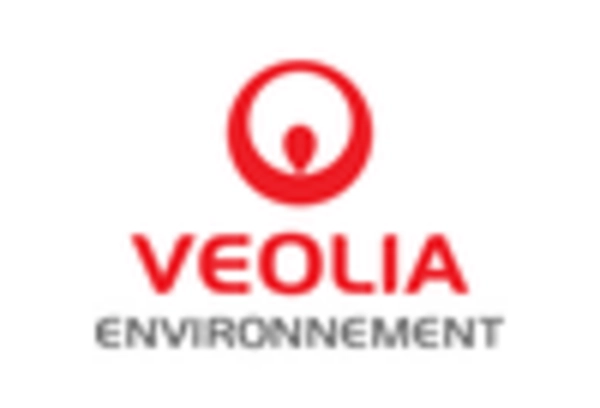
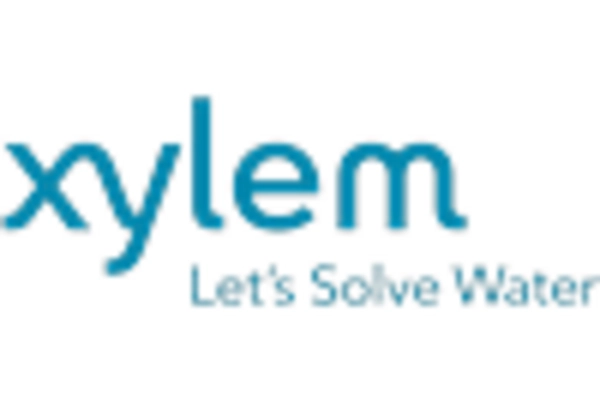









Leave a Comment